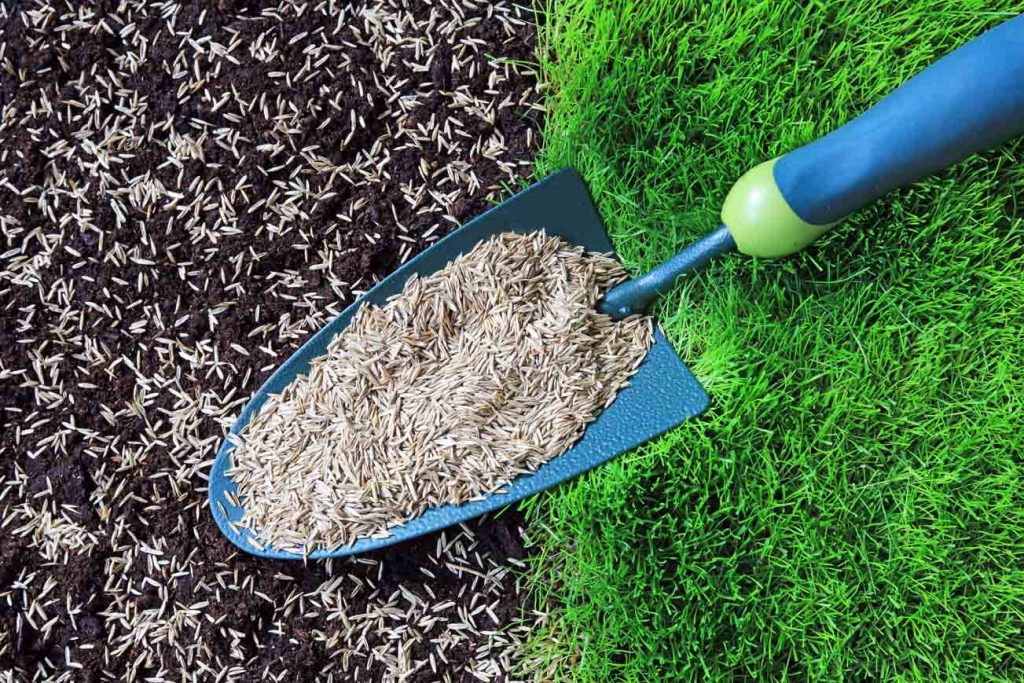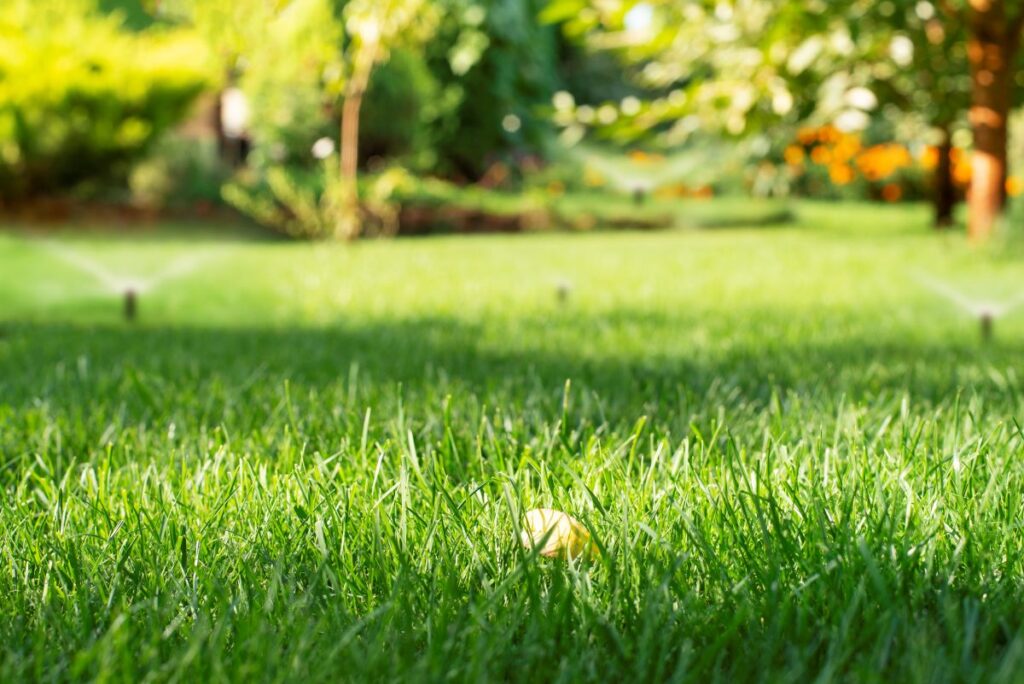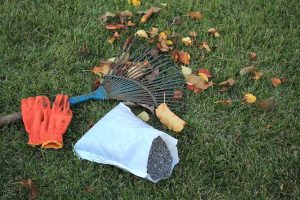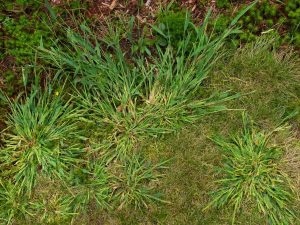Planting grass seed at the right time can make all the difference between a lush, thriving lawn and patchy, struggling turf. In North Carolina, timing is everything due to the state’s unique climate variability—from the mountains to the coast. Understanding when to plant grass seed in NC ensures that your lawn establishes strong roots and grows thick and healthy, minimizing weeds and disease. But with changing temperatures and different grass varieties, when exactly should you plant? Here’s what every North Carolina homeowner needs to know.
Understanding North Carolina’s Grass Growing Seasons
North Carolina’s climate is a mix of humid subtropical and mountainous microclimates. This diversity allows for both cool-season and warm-season grasses, depending on your region and landscaping goals. Cool-season grasses thrive in fall and early spring, while warm-season grasses perform best during late spring and summer.
Bring Real Change with Personalized Lawn Care
Expert lawn care services tailored for your home—reliable, eco-friendly, and affordable. Start transforming your yard today.
Knowing the best time to plant grass seed in NC isn’t one-size-fits-all. If you’re wondering when to seed lawn in NC, the answer depends on the type of grass and your local weather conditions.
Best Time to Plant Cool-Season Grass Seed in NC
Cool-season grasses—including Fescue, Ryegrass, and Kentucky Bluegrass—are popular in much of North Carolina, especially the Piedmont and mountain regions. Their growth peaks in the cooler months, making autumn the optimal time for seeding.
-
Ideal Planting Time:
-
Primary: Late August to Early October
-
Secondary: Late February to Early April
-
Why Fall Is Best:
Planting in late summer to early fall allows cool-season seeds to germinate and establish roots before winter dormancy. The soil is still warm, and upcoming rainfall helps with seedling development. Spring planting is possible but less ideal due to weed pressure and the approaching summer heat.
Pros and Challenges:
-
Fall Seeding Pros: Strong root growth, less weed competition, healthier lawns in spring.
-
Spring Seeding Challenges: Higher risk of drought, increased weeds, less root development before heat arrives.

Best Time to Plant Warm-Season Grass Seed in NC
For homeowners in eastern and southern North Carolina, warm-season grasses like Bermuda, Zoysia, and St. Augustine are top choices. These grasses need higher soil temperatures to germinate and grow vigorously in the heat.
-
Ideal Planting Time:
-
Mid-April to Early June
-
Soil Temperature Matters:
Warm-season grass seed requires soil temperatures above 65°F to sprout effectively. Planting too early means slower germination and potential disease issues. Wait until both the air and soil have consistently warmed.
Quick Tips:
-
Plant after the last frost.
-
Use a soil thermometer for best accuracy.
-
Avoid late-summer planting to reduce drought risk.
Overseeding & Reseeding in NC
Keeping a lawn thick and healthy often means overseeding—especially for Fescue lawns that thin out over time. Overseeding helps fill in bare spots, crowd out weeds, and maintain a lush appearance.
-
Best Time to Overseed:
-
Early Fall (Late August to October)
-
For patchy or damaged areas, reseeding is key. Use the same timing as your primary seeding for best results. Proper timing and preparation mean new grass integrates seamlessly with your existing lawn.
Bring Real Change with Personalized Lawn Care
Expert lawn care services tailored for your home—reliable, eco-friendly, and affordable. Start transforming your yard today.
How to Plant Grass Seed for Optimal Results
Planting grass seed isn’t just about timing—it’s about technique. Here’s how to do it right:
1. Soil Preparation
-
Test Your Soil: Check pH and nutrient levels for optimal growth.
-
Till & Level: Loosen compacted soil, remove debris, and create a smooth, even surface.
2. Seeding Technique
-
Use a broadcast spreader for even distribution.
-
For patch repairs, lightly rake seeds into soil.
3. Watering Schedule
-
Keep soil consistently moist—not soggy—until seeds germinate.
-
Water lightly 1–2 times daily for the first two weeks, then reduce as roots establish.
4. Fertilization
-
Apply a starter fertilizer rich in phosphorus at planting.
-
Avoid high-nitrogen fertilizers until seedlings are established.
5. Post-Germination Care
-
Mow when grass reaches 3–4 inches.
-
Keep foot traffic light until turf is well-rooted.
-
Watch for weeds and apply gentle weed control as needed.
Tips for Success:
-
Cool-season grass: Seed in fall for best results.
-
Warm-season grass: Seed after soil is above 65°F.
-
Aerate before overseeding for improved seed-to-soil contact.
Why Choose RDS Lawn Care Services for Lawn Care in Charlotte, NC?
RDS Lawn Care Services brings unmatched local expertise to the Charlotte, NC area and beyond. Our team understands the seasonal nuances and soil types across North Carolina, ensuring your seeding or overseeding project is timed perfectly for success. From comprehensive soil testing and aeration to overseeding and complete lawn renovations, our tailored services are designed to give you the healthiest, greenest lawn possible.
Don’t leave your lawn to chance. The right timing—and the right professional care—makes all the difference.
Conclusion
The timing of grass seed planting is the foundation of a beautiful lawn in North Carolina. By planting at the right time for your grass type and following proven methods, you set your yard up for long-term health and curb appeal. If you’re unsure where to start, RDS Lawn Care Services is here to help you achieve lush, thriving turf all season long.
Need help planting or overseeding your lawn this season? Contact RDS Lawn Care Services today!
Frequently Asked Questions
What is the best time to plant grass seed in NC?
The best time depends on your grass type: cool-season grass (like Fescue) is best planted from late August to early October; warm-season grass (like Bermuda) is best planted from mid-April to early June.
Can I plant grass seed in summer?
Summer is generally too hot and dry for successful seeding in NC. It’s better to plant warm-season varieties in late spring or cool-season varieties in early fall or early spring.
Is spring or fall better for fescue?
Fall is best for Fescue—roots establish before winter, and weed competition is lower.
Can I overseed Bermuda with fescue?
Yes, you can overseed Bermuda lawns with Fescue for year-round green color, but timing and care are critical.
What temperature should the soil be?
Cool-season grass: soil above 50°F.
Warm-season grass: soil above 65°F for reliable germination.
Can I plant warm-season grass in fall?
No, fall is too late for warm-season seed to establish before frost. Stick to late spring for these varieties.
Should I fertilize when seeding?
Yes, use a starter fertilizer with higher phosphorus content to help roots develop.
How long does it take for seed to germinate?
Most grass seeds germinate in 7–21 days, depending on variety, soil temperature, and moisture.
Is aeration necessary before overseeding?
Aeration improves seed-to-soil contact and greatly enhances overseeding success.
How often should I water newly planted grass seed?
Water lightly 1–2 times daily until seedlings emerge, then gradually reduce as the lawn matures.





